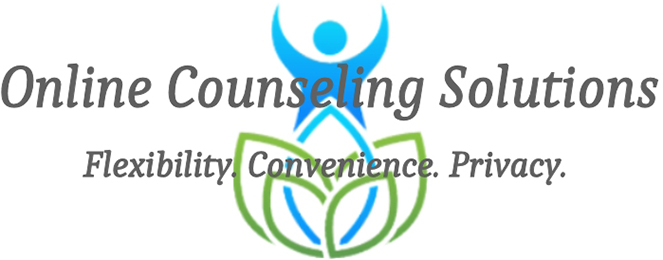When someone already struggles with anxiety, a worldwide viral outbreak tends to amp anxiety up into high gear. Whether you are fretting over the Coronavirus or think society is overreacting, the reality is that we may very well be subject to local and national government restrictions in order to prevent the disease from spreading, especially to our most vulnerable populations.
Life is already changing. Schools are switching to online platforms and large crowd gatherings have been prohibited. We have been asked to socially distance ourselves. Grocery stores are contending with empty shelves and worried shoppers trying to provide for their families for at least 2 weeks. Who knows what will happen next week?
Who knows? What if? That’s the birth of anxiety.
For those suffering from specific phobias (germs or crowds) or OCD with its well-known germ obsessions and hand washing compulsions, a new virus intensifies a pre-existing anxiety.
Anxiety’s biggest purpose is to protect us. That is not always bad thing. It can motivate us into action. If we are anxious about losing a relationship, it might motivate us to make some type of change in order to preserve it.
Our minds our constantly scanning for danger to keep us safe. Sometimes it sends us alert signals even in the absence of a threat (as in an example of panic attacks). Communities are naturally and rightfully concerned about the spread of the Coronavirus. That concern propels us to be vigilant about hand washing and social distancing.
I was working with an anxious client who asked, “How do I know if I’m clean enough?” As we examined the question we determined that perhaps a more effective question to answer that worry is, “Have I done all I can to take protective measures today?”
Quite frankly, can we ever be clean enough? No. It is more of a fear based question. Whereas the later question puts us in a more objective viewpoint. It makes us run through a mental checklist. Then we can be at peace that we have done all that is within our power.
A useful technique from Cognitive Behavioral Therapy is called reframing, which is basically challenging a negative belief or thought or worry by asking a series of questions. One of the most important questions is:
Is it really true?
An example of a catastrophic thought might be, “If we go into quarantine our entire infrastructure will collapse!” Is that really true? How do I know that it is true?
A reframe of that worry could be, “While it’s true that I don’t know all the specifics of how a quarantine will be implemented, many cities throughout the world have gone through this before and my community is preparing to face a challenge like this.”
Doesn’t that shift the energy away from anxiety and more toward reality? It is much more empowering. And feeling empowered in a situation where we have little control can be just what we need.

